General Petraeus’s surge has failed in every respect
Baghdad’s militias have been strengthened – not weakened. Whoever wins tomorrow’s US presidential election will have to pick up the pieces
A free daily email with the biggest news stories of the day – and the best features from TheWeek.com
You are now subscribed
Your newsletter sign-up was successful
Whoever wins the US presidential election tomorrow will inherit not merely economic chaos, but the ongoing war in Iraq. While Barack Obama favours a timetabled withdrawal, John McCain parrots President Bush's claim that his 'surge' of troops to Iraq has restored security, and even suggests copying the strategy in Afghanistan. This would be a disaster because, in truth, the surge has failed in every respect.
The aims of the surge were to disarm sectarian militias, integrate Sunni forces into the predominantly Shia government, and buy time for Iraq's communities to agree on the distribution of oil revenues.
Instead of disarming sectarian militias, the US has actually strengthened and empowered them. The very Sunni militiamen America has been fighting since invading Iraq in 2003 were offered arms and $300 a month each to form 'Awakening Councils' (or sahwa) and fight al-Qaeda cells in Iraq on America's behalf.
The Week
Escape your echo chamber. Get the facts behind the news, plus analysis from multiple perspectives.

Sign up for The Week's Free Newsletters
From our morning news briefing to a weekly Good News Newsletter, get the best of The Week delivered directly to your inbox.
From our morning news briefing to a weekly Good News Newsletter, get the best of The Week delivered directly to your inbox.
The 'surge' of 21,500 more US troops was simply a political stunt to mask this tactic: Washington already had 520,000 US and Iraqi troops at its disposal and was already shifting them from combat and patrol duties to 'enduring bases' for 'logistical support' by the time the surge happened.
While this might sound quite clever, Iraq's government subsequently refused to integrate more than a tenth of the sahwa into the Iraqi army, which is dominated by the Shia militias of the ruling coalition's parties. The sahwa, armed and funded by the US, thus became an independent force in their own right, crow-barring their way into local administrations, facing down elected provincial governors over sectarian issues.
Meanwhile, attempts in spring 2008 to disarm the Medhi Army, the militia of Shia cleric Moqtada al-Sadr, failed completely, with al-Sadr's men seizing control of most of Baghdad. The sahwa simply stood aside.
Real power in Baghdad, like Iraq itself, is now divided between hostile factions: the Shia-led government, al-Sadr's forces, and the sahwa. A superficial calm prevails not because Iraq is safer, but because these groups have purged the areas they control of their respective enemies.
A free daily email with the biggest news stories of the day – and the best features from TheWeek.com
A University of California study recently measured the decrease in night-time lighting in Baghdad using satellite data. This is a standard method of monitoring ethnic cleansing, since emptied houses emit no light.
Iraqis are no longer being blown up in the streets because they have been forced into segregated neighbourhoods
The study found that nightlight in historically mixed, Shia-Sunni neighbourhoods had fallen by over half. Professor John Agnew, the principal investigator, concluded that "the surge has had no observable effect" except to "provide a seal of approval" for ethnic cleansing.
In other words, Iraqis are no longer being blown up in the streets because they have been forced into segregated neighbourhoods policed by sectarian militias, often separated by high concrete walls.
Refugees International reports that nearly three million Iraqis are displaced within the country. With the Shia-dominated government largely restricting its assistance to Shias, displaced Sunnis have nowhere to turn but the sahwa, driving more Iraqis into the arms of sectarian militias. Two million people have fled Iraq altogether.
The situation is inherently unstable. Indeed, the Iraqi army recently began to attack sahwa in Diyala province, north of Baghdad, illustrating the total failure of the surge's goals of political reconciliation. Amid the reality of ongoing civil conflict, unsurprisingly, Iraq's leaders are no closer to agreement on oil revenue distribution, either.
America's divide-and-rule strategy has merely empowered the combatants in Iraq's civil war, reinforced Iraqi society's fracture lines, and sown the seeds of future instability. Only an end to external meddling can create the conditions necessary for Iraqis to work through their own conflicts and finally determine their own futures – however painful this process might be.
is Rose Research Fellow in International Relations at Lady Margaret Hall, University of Oxford.
-
 How the FCC’s ‘equal time’ rule works
How the FCC’s ‘equal time’ rule worksIn the Spotlight The law is at the heart of the Colbert-CBS conflict
-
 What is the endgame in the DHS shutdown?
What is the endgame in the DHS shutdown?Today’s Big Question Democrats want to rein in ICE’s immigration crackdown
-
 ‘Poor time management isn’t just an inconvenience’
‘Poor time management isn’t just an inconvenience’Instant Opinion Opinion, comment and editorials of the day
-
 Operation Rubific: the government's secret Afghan relocation scheme
Operation Rubific: the government's secret Afghan relocation schemeThe Explainer Massive data leak a 'national embarrassment' that has ended up costing taxpayer billions
-
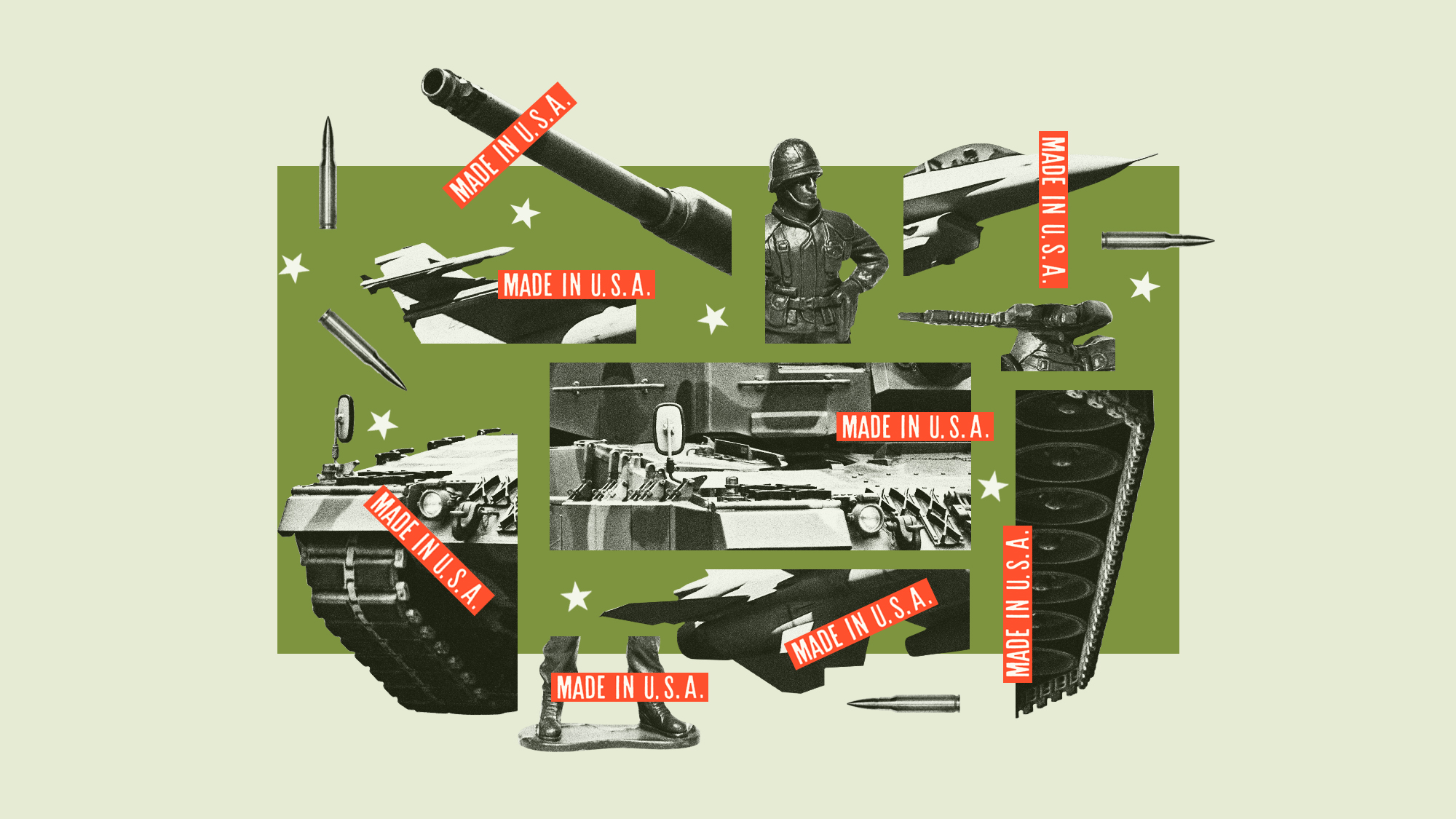 Is Europe's defence too reliant on the US?
Is Europe's defence too reliant on the US?Today's Big Question As the UK and EU plan to 're-arm', how easy will it be to disentangle from US equipment and support?
-
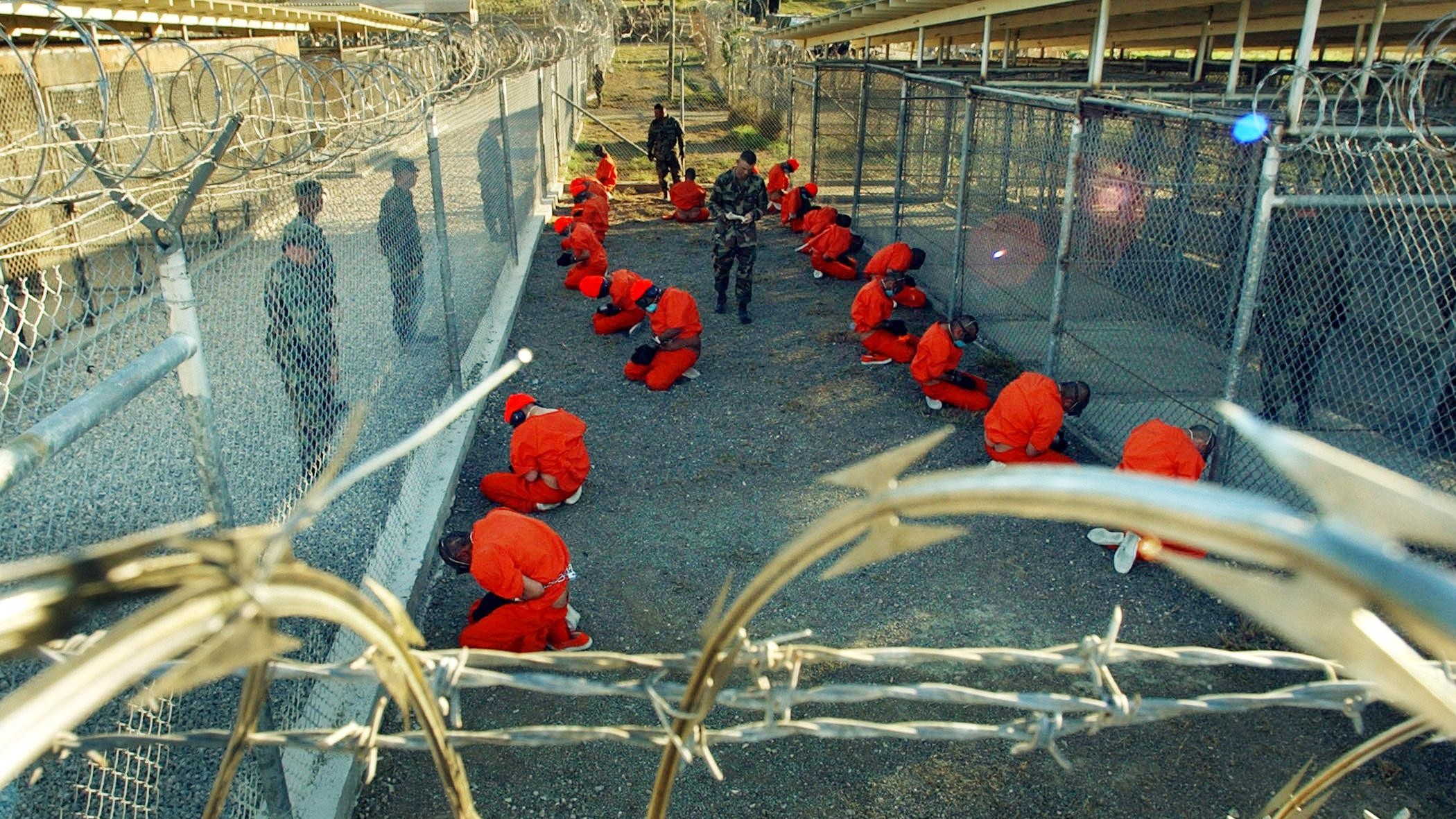 A history of Guantánamo Bay
A history of Guantánamo BayThe Explainer War of Terror's 'symbol of torture, rendition and indefinite detention' is subject of new Serial podcast series
-
 The Taliban’s ‘unprecedented’ crackdown on opium poppy crops in Afghanistan
The Taliban’s ‘unprecedented’ crackdown on opium poppy crops in Afghanistanfeature Cultivation in former poppy-growing heartland Helmand has been slashed from 120,000 hectares to less than 1,000
-
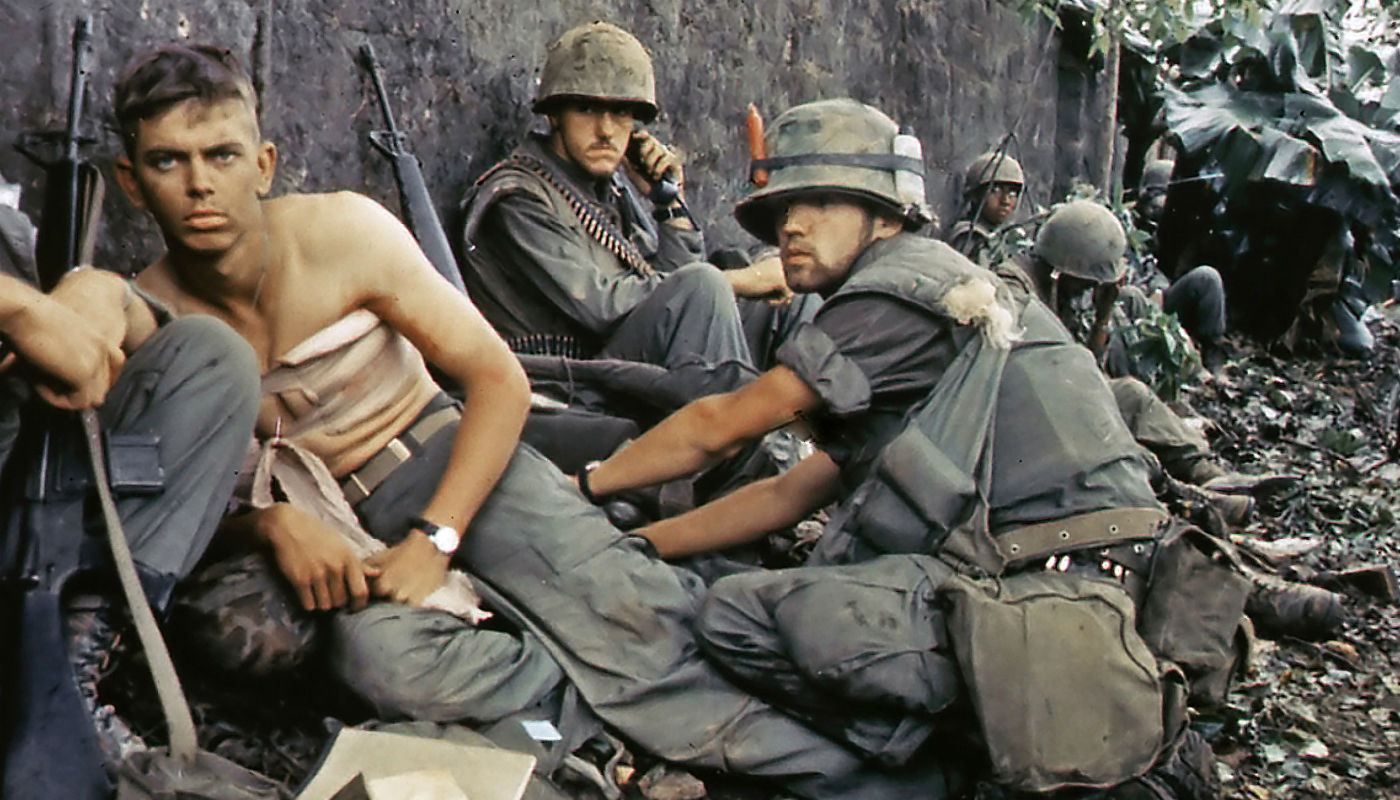 How US involvement in Vietnam War influenced foreign policy decisions for 50 years
How US involvement in Vietnam War influenced foreign policy decisions for 50 yearsfeature Lessons from the Vietnam War remain prism through which US views armed conflicts
-
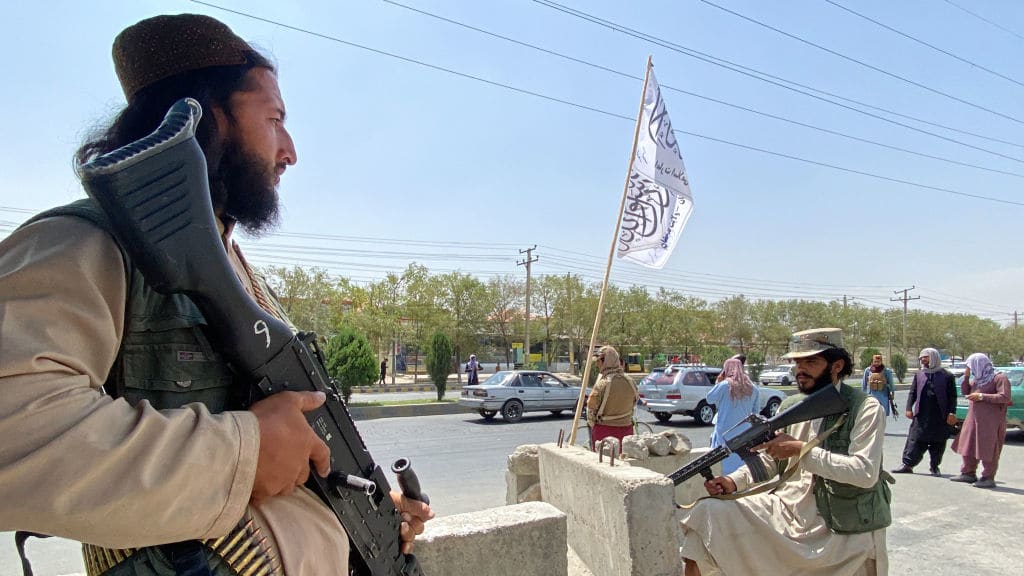 Taliban releases 2 Americans held in Afghanistan
Taliban releases 2 Americans held in AfghanistanSpeed Read
-
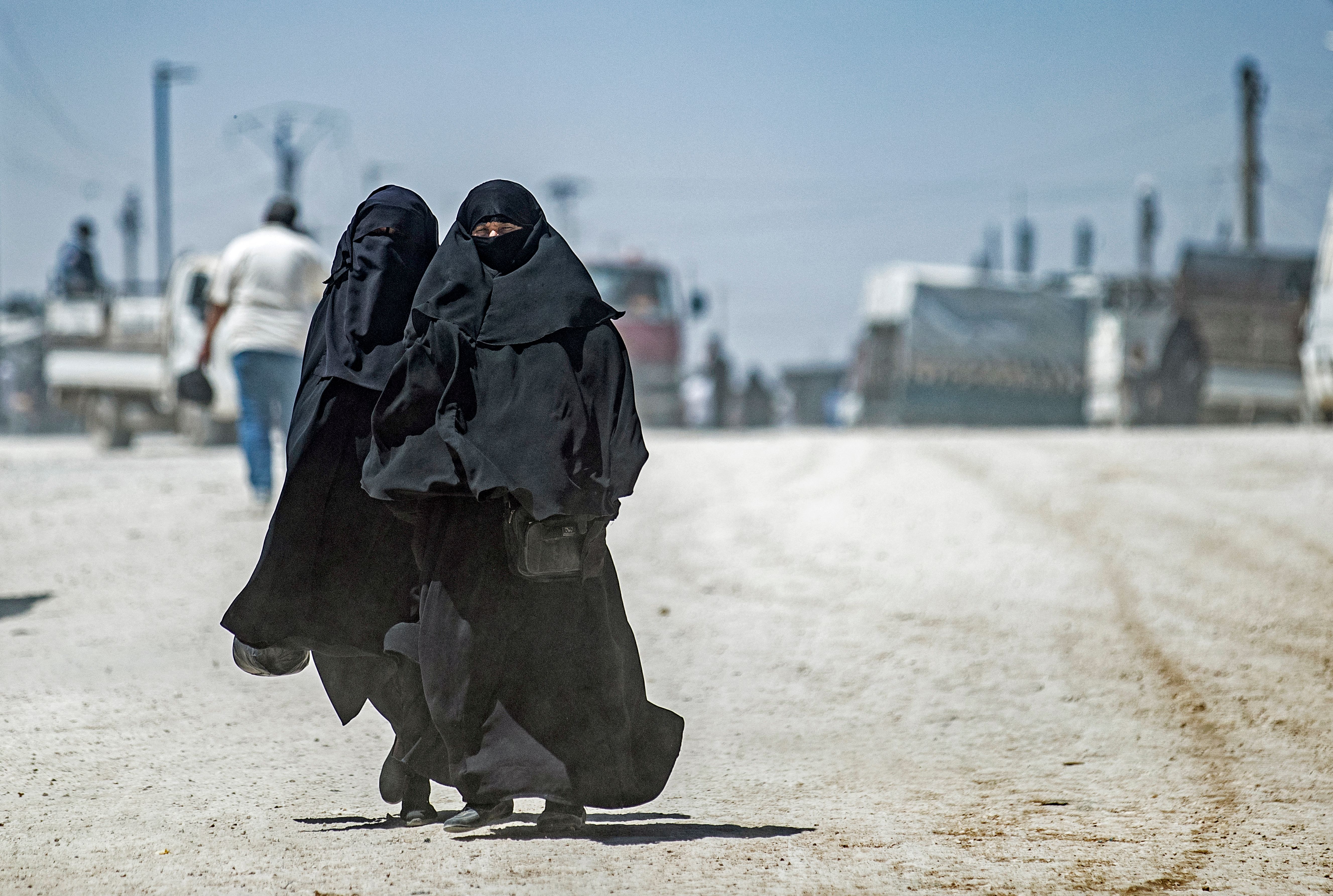 Kansas woman sentenced to 20 years for leading Islamic State battalion
Kansas woman sentenced to 20 years for leading Islamic State battalionSpeed Read
-
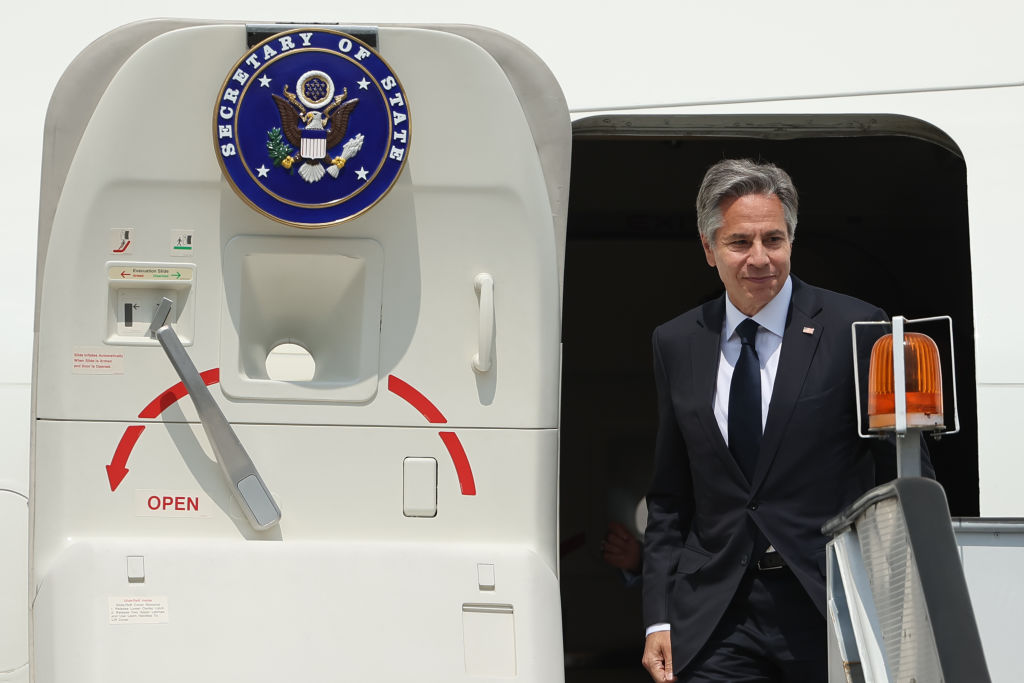 American detained in Afghanistan for over 2 years released in prisoner exchange
American detained in Afghanistan for over 2 years released in prisoner exchangeSpeed Read